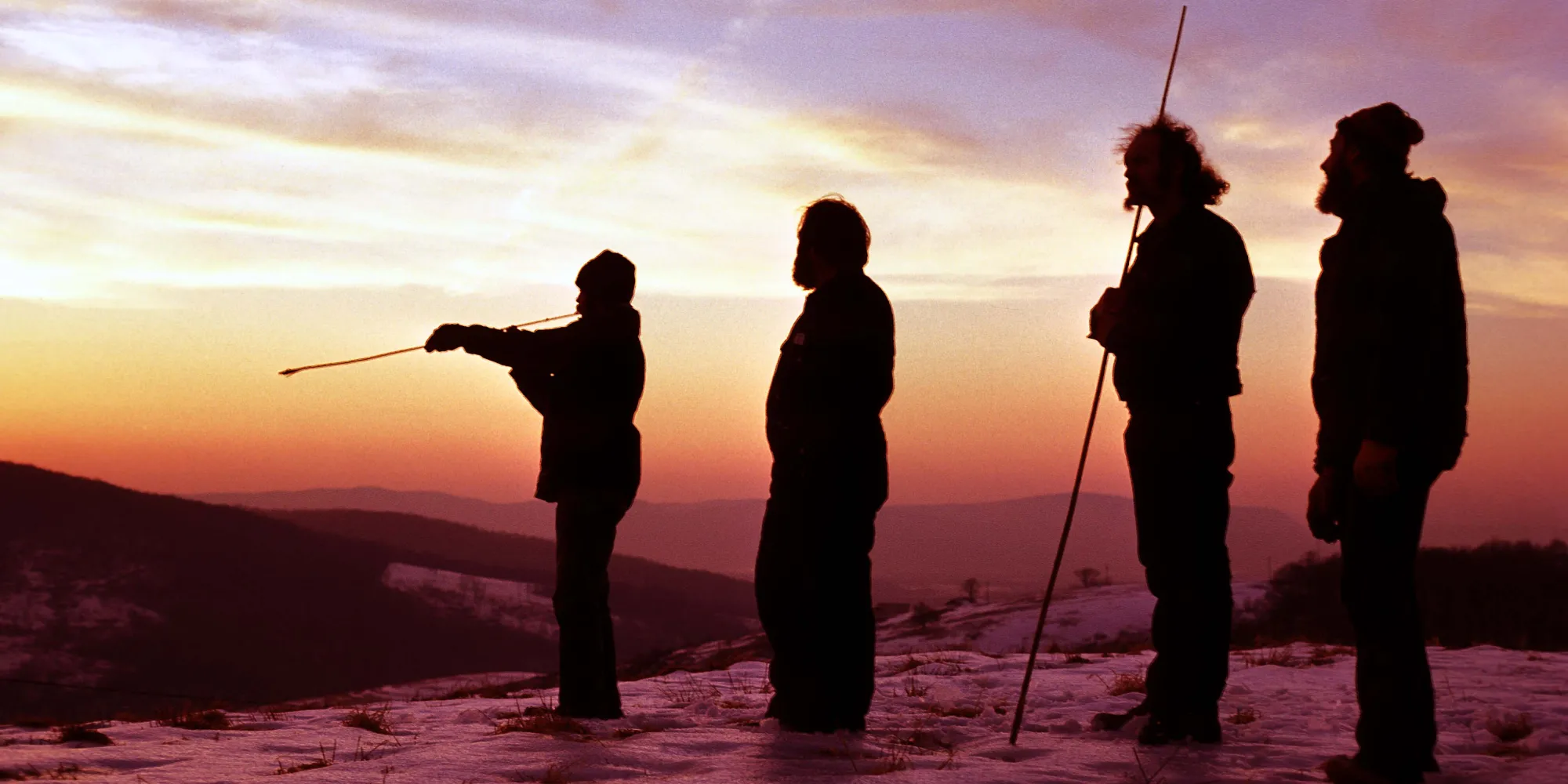Search

Department of Anthropology
Our Research
Research staff in the Department of Anthropology study the biological and cultural diversity of humankind around the globe. For example,
Our archaeologists:
- explore the interactions of ancient people with coastal and terrestrial ecosystems, focusing on the impacts of people on marine environments
- use ancient DNA and genomics to trace plant domestication and evolutionary ecology
- explore the connections between seventeenth-century Basque whalers and the indigenous people of Quebec
Our biological anthropologists:
- piece together the story of a million years of human adaptation, evolution, and population movements, and how it relates to changes in the environment
- analyze variation in human anatomy and investigate the ways that our bodies respond to disease, trauma, and anthropogenic challenges in a changing world
- use their expertise in forensic anthropology to assist law enforcement agencies and medical examiners with human identification cases
Our ethnologists:
- combine fieldwork with museum collections-based research to examine how societies negotiate cultural, social, economic and environmental transformations such as the effects of globalization
- collaborate with Native communities to document and maintain endangered languages and knowledge systems
- work in Arctic communities with elders, biologists, language experts, historians and others to document indigenous knowledge of the environment, including sea ice and climate change, interactions with wildlife, language loss, and culture shift